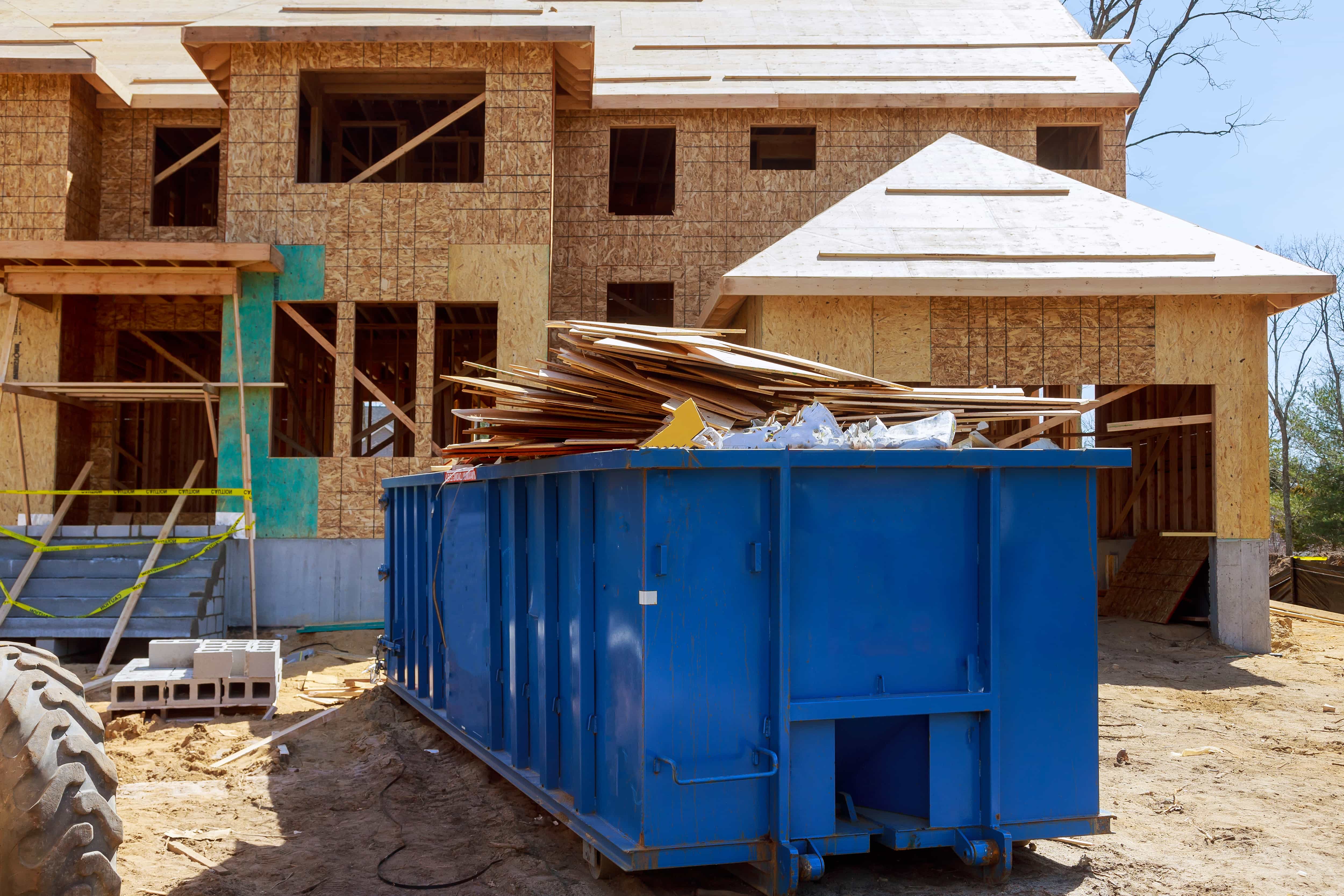West Seattle Grass Clipping Disposal
Homeowner’s Issue
West Seattle lawns live with a narrow band of conditions that make clipping disposal a real, recurring chore. Between the marine influence from Puget Sound and heavy fall/winter rain, cut grass tends to mat and clump quickly—especially in shady corners near trees in Lincoln Park or north-facing yards in High Point. Our soils are a mixed bag of glacial till and compacted clay pockets; when wet they hold moisture and break down slowly, which can encourage moss and thatch if clippings get left on the surface.
Sun exposure varies block-to-block here: south-facing slopes and roofs get a few more dry days, while houses closer to Alki or the Duwamish bluff stay damper and develop more moss. HOA rules and curb appeal expectations in Admiral and Fauntleroy push homeowners to keep tidy edges and no visible piles of yard waste. Residents often ask whether to mulch, bag, or haul—each has trade-offs in West Seattle’s microclimates. Mulching works well if you mow regularly; bagging prevents thatch but creates more haul-away. Composting on-site or using approved city green bins keeps clippings out of the landfill and returns nutrients to the yard, but wet seasons slow decomposition. We focus on sustainable, chemical-free solutions that fit local constraints and neighborhood expectations.
Our Quality Service
We handle grass clipping disposal the way we do any job — practical, efficient, and sustainable. Our crew uses mulching mowers, walk-behind mowers when needed, leaf blowers on low setting, manual rakes, and compost trailers. For tight slopes and stairs we deploy backpack blowers and hand-buckets to avoid damage.
Typical timelines: small yards (under 5,000 sq ft) take 1–3 hours; medium yards 2–5 hours. Scheduling is flexible; we push high-visibility properties for weekly or biweekly service during prime growing season. We do not use herbicides — ever — and rely on organic, mechanical, and cultural methods for weed control.
Local insight we apply every job:
- Account for seasonal rainfall (heavy Oct–Apr) when choosing mulch or bagging.
- Address compaction and thatch with aeration before overseed seasons.
- Manage runoff and curb appeal on slopes with terracing, mulch, or low-maintenance groundcovers.
Benefits: safer walkways, better curb appeal, less moss and thatch, lower long-term maintenance, and fewer trips to the dump.
What’s Included
- Mowing to optimal height and blade sharpening as needed.
- Mulching or bagging of grass clippings per customer preference.
- Edge trimming and cleanup of walkways, patios, and gutters.
- Haul-away of clippings to compost facility or transport to on-site composting bin.
- Final sweep and tidy — we leave properties broom-clean.
Options / Upgrades:
- Mulch + fabric for new beds (helps suppress weeds and retain moisture).
- On-site hot/slow compost setup from your clippings (we can build/turn).
- Organic weed control and manual removal (no herbicides).
- Soil test and aeration before overseeding.
- Green-bin vs. haul-away choices to match Seattle curbside rules.
Before & After / Expectations
Be honest: we’ll make a mess while we work — that’s how we get the job done. Expect noise from mowers and blower tools for the duration, and a truck or trailer parked in the street for haul-away jobs. We require reasonable access (driveway or curb parking) and a clear path for any stairs or tight gates.
Timing and weather: heavy rain can delay finishing composting jobs or hauling. Mulching is best when grass is dry; bagging is better in wet spells. After service, leave clippings off high-traffic areas for a few days so mulch can settle. For West Seattle specifics:
- Watering windows: mornings before 10am are best for summer spots; avoid evening watering to reduce moss.
- Weed pressure: expect spring and early fall surges—schedule a cleanup ahead of those windows.
- Moss/ivy: shady, damp spots near large evergreens and north-facing facets need manual removal and aeration.
We follow sustainable practices only — no herbicides — and recommend cultural fixes (shade-tolerant lawns, mulched beds) for long-term improvement.
FAQs
Q: Do you compost clippings or haul them away?
A: We offer both. We can bag and haul to a compost facility, or set up on-site composting and turn material into garden compost.Q: Will mulching cause thatch in my lawn?
A: Not if you mow at the right height and frequency. Regular light mulching returns nutrients; problems arise when large clumps are left on infrequent cuts.Q: How long does a typical pickup take?
A: Small yards: 1–3 hours. Medium yards: 2–5 hours. We’ll give a time estimate in the free quote.Q: Any access requirements?
A: Driveway or curb parking and a clear gate/path make work faster. Tight stairs or long carries may add time.Q: Do you use chemicals?
A: No. We use only mechanical and organic methods for weed and moss control.
Call to Action
West Seattle homeowners — if you want a tidy yard without the headache, book a free estimate. We’re practical, local, and schedule quickly for Alki, Admiral, and Fauntleroy properties. Same-week slots often available for recurring customers.
Email us: neatandtidyseattle@gmail.com
Phone: 206-538-9344
Trusted local crew. Sustainable methods. Real results.










